Neuromorphic computing, also known as neuromorphic engineering, is an approach to computing that mimics the way the human brain works.


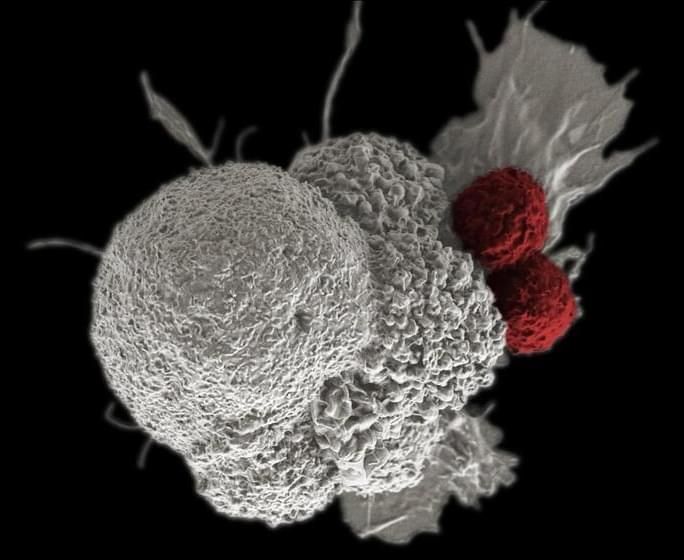
Even with these upgrades and alternatives, a tumor’s protective shield is still difficult to penetrate. This month, a team from Asgard Therapeutics and Lund University took a clever new approach to tackle tumors from within. The work was.
Using a technology called cellular reprogramming, the team transformed tumor cells in mice into a type of immune cell called cDC1 cells. These cells are master regulators of the immune system. They’re rare inside tumors but when present can trigger powerful immune responses that eat away at the cancer’s protective shield and recruit T cells to the target.
Mice treated with the gene therapy remained cancer-free for at least 100 days and resisted cancer resurgence in a lab test.

“There are a bunch of stalls on campus where I go swing dancing. I guess those were the cruise ones,” says Dieck.
Last year, the self-driving car service Cruise suspended its fleet of nearly 1,000 cars nationwide following a hit-and-run crash, drawing concern about the partnership between Uber and Waymo, another robotaxi company.
“That might be one reason why I have never taken Waymo I would rather get in the car with someone who can maneuver, and you can see the rating that they have,” says Chester.

And luckily for us, quantum physicists think they know how to reach that higher dimension.
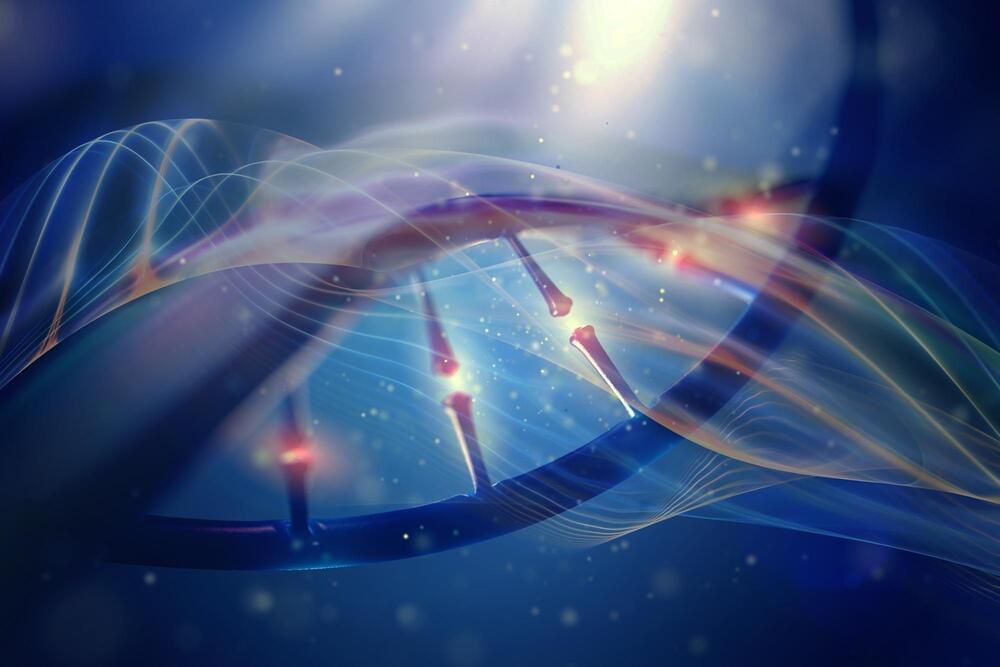
In a new study, scientists from Arizona State University and their collaborators studied genetic changes in a naturally isolated population of Daphnia pulex, a species of water flea. This tiny crustacean, nearly invisible to the naked eye, plays a vital role in freshwater ecosystems and provides a valuable insight into natural selection and evolution.
Their findings, recently published in the journal Proceedings of the National Academy of Sciences (PNAS), rely on a decade of research. Using advanced genomic techniques, the research team analyzed DNA samples from nearly 1,000 Daphnia.
They discovered that the strength of natural selection on individual genes varies significantly from year to year, maintaining variation and potentially enhancing the ability to adapt to future changing environmental conditions by providing raw material for natural selection to act on.
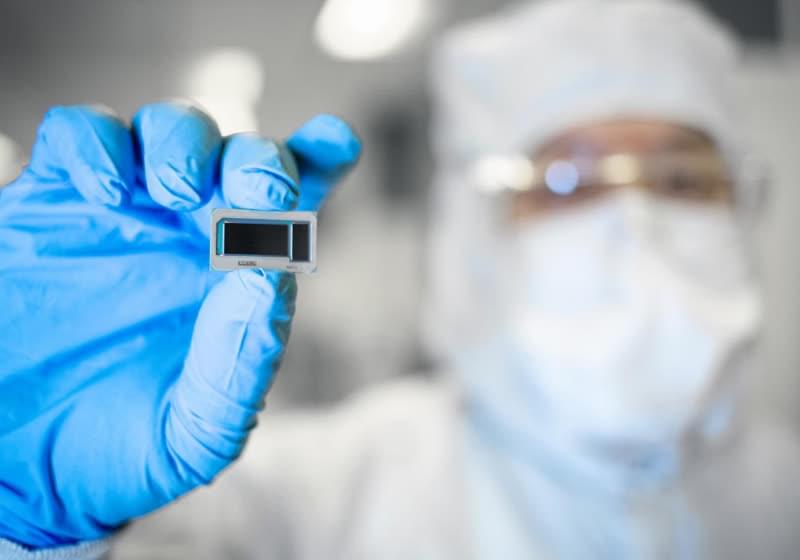
In context: The U.S. is eager to establish domestic foundry capabilities to produce AI chips, and Intel is working hard to position itself to be the provider. It was only natural, then, for CEO Pat Gelsinger to ask U.S. Commerce Department Secretary Gina Raimondo to put in a good word on Intel’s behalf with America’s chip designers including the likes of Apple, Nvidia, Amazon, and Google.
Ever since Intel announced plans to open up its manufacturing capabilities beyond in-house CPUs, the company has targeted TSMC as its top competitor in the global foundry market. Nonetheless, it’s been a source of frustration that fellow U.S. companies rely so heavily on TSMC for most of their semiconductor manufacturing needs.
Intel CEO Pat Gelsinger has turned to US Commerce Department Secretary Gina Raimondo for help, and according to sources that spoke to CNBC, she is trying to deliver.

Thanks to observations by the Solar Occultation in the Infrared (SOIR) instrument on the Venus Express space probe of the European Space Agency (ESA), researchers have discovered an unexpected increase in the abundances of two water molecule variants — H2O and HDO — and their ratio HDO/H2O in Venus’ mesosphere. This phenomenon challenges our understanding of Venus’ water history and the potential that it was once habitable in the past.
Currently, Venus is a dry, hostile planet. Venus has pressures nearly 100 times higher than Earth and temperatures around 460°C. Its atmosphere, covered by thick clouds of sulphuric acid and water droplets, is extremely dry.
Most water is found below and within these cloud layers. However, Venus may have once supported just as much water as Earth.
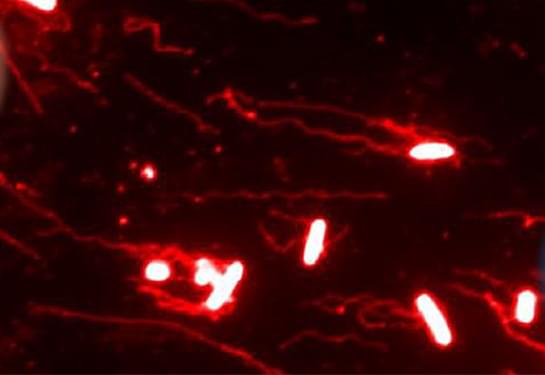
Study discovers an electric current in the gut that attracts pathogens like Salmonella. Researchers have discovered a novel bioelectrical mechanism that pathogens like Salmonella use to find entry points in the gut lining that would allow pathogens to pass and cause infection.
How do bad bacteria find entry points in the body to cause infection?
This question is fundamental for infectious disease experts and people who study bacteria. Harmful pathogens, like Salmonella, find their way through a complex gut system where they are vastly outnumbered by good microbes and immune cells. Still, the pathogens navigate to find vulnerable entry points in the gut that would allow them to invade and infect the body.
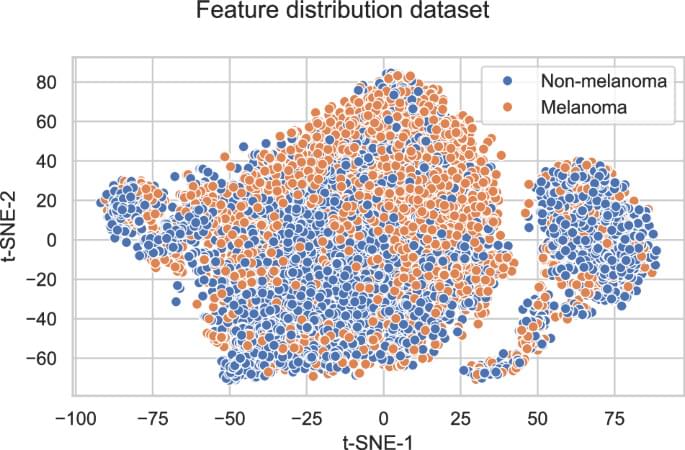
Outperforms dermatologists in detecting melanoma, offering better diagnosis for challenging cases and improving patient care. 🩺🖥️
Heinlein, Maron, Hekler et al. evaluate an AI algorithm for detecting melanoma and compare its performance to that of dermatologist on a prospectively collected, external, heterogeneous dataset. The AI exhibits a significant performance advantage, especially in diagnosing challenging cases.